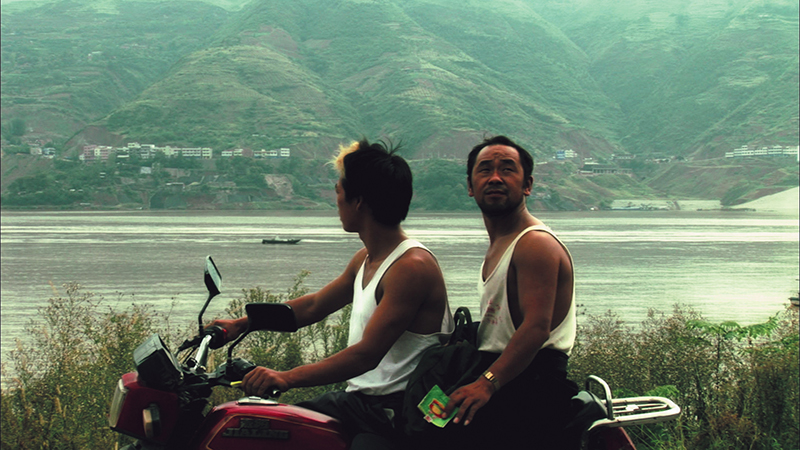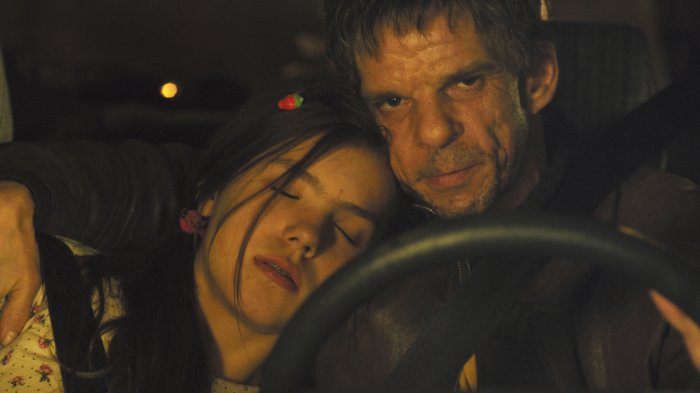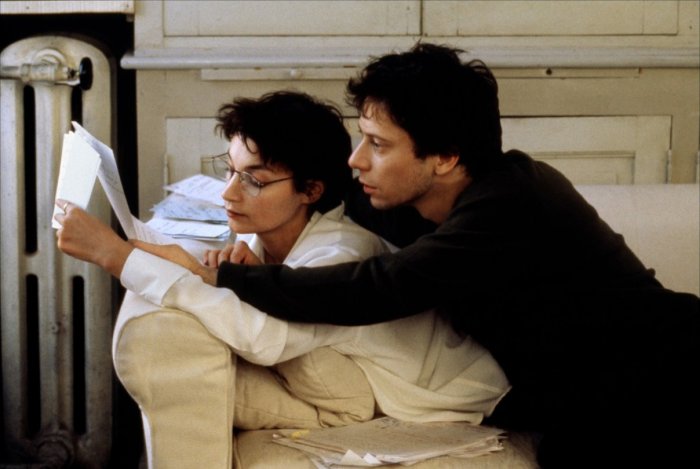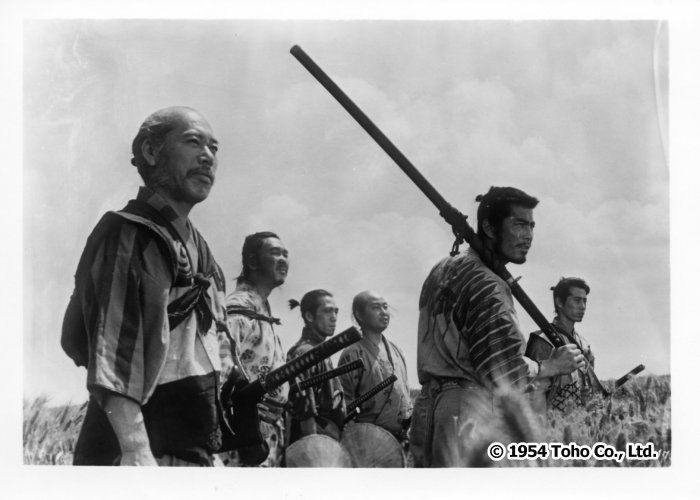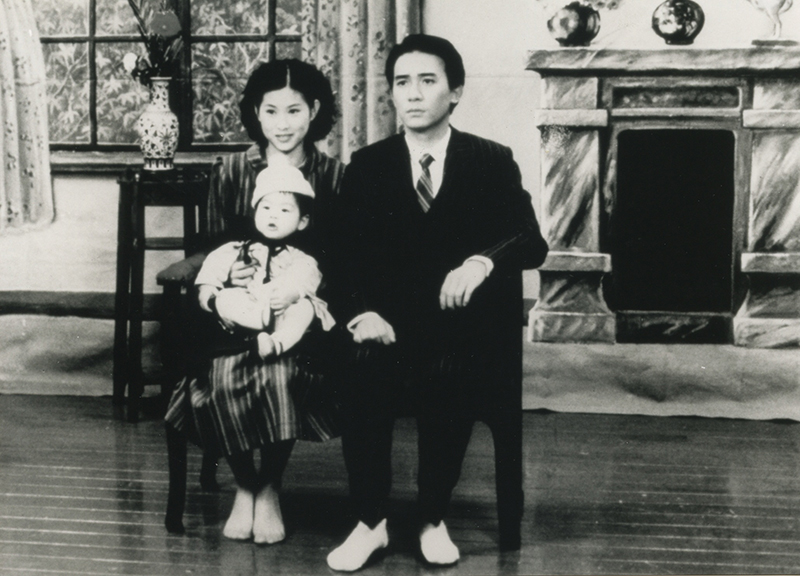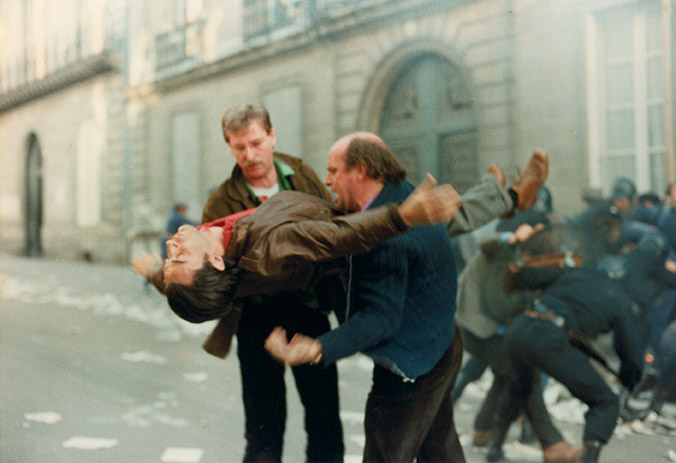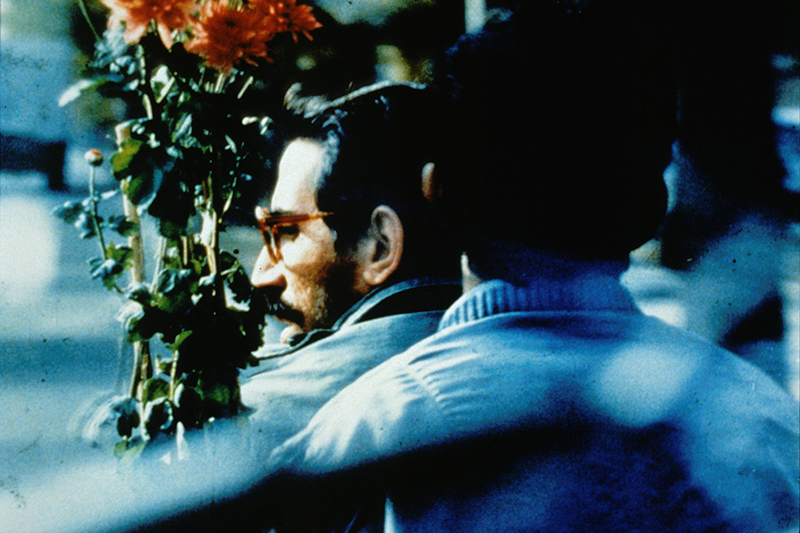영화 정보
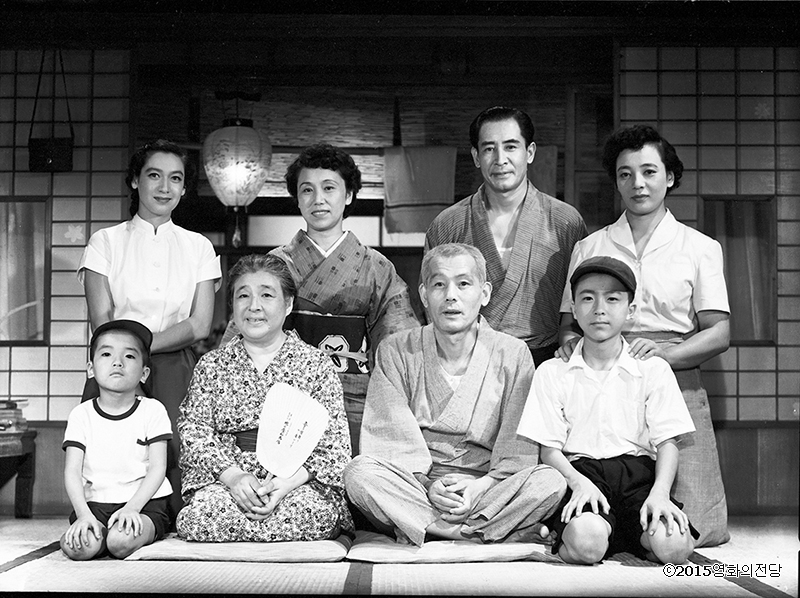
Tokyo Story
20th(2015) Special Programs in Focus
Family · Aging · Urbanization
- CountryJapan
- Production Year1953
- Running Time136min
- Format Film(35mm)
- ColorB&W
Program Note
What do our parents, the people who raised us with the best of intentions, really think of us? And do we really want to know? In Ozu Yasujiro’s tender, breathtaking Tokyo Story, elderly parents Shukichi (played by Ozu regular Ryu Chishu) and Tomi (Higashiyama Chieko) leave their home in the country, where they live with their youngest daughter, and make the long trek to Tokyo to visit their other grown children — only to learn that their children are too “busy” to spend time with them. Even their two young grandchildren grumble about their presence. Only their daughter-in-law, Noriko (Hara Setsuko), the widow of their son (a soldier who died in the war), treats them with kindness and respect. More significantly, she actively enjoys their company: She sees them as people, not as elderly nuisances. In one of the movie’s most striking scenes, Shukichi and Tomi talk quietly between themselves, wondering how their children — who, they remind each other, used to be very nice people — turned out as they did. Shukichi remarks that some people like their grandchildren more than they do their children, before adding, in a startling bit of frankness, that he does not. In the end, the two realize that Noriko, who is not even their own flesh and blood, feels more like family to them than their own children.
Tokyo Story is a meditation on aging, on the ways in which we struggle to kick free of our parents and sometimes do not find our way back, on the boundlessness of parental love — a love that sometimes seems squandered on children who do not deserve it. It is also a simple adventure story of two newcomers to the big city: Shukichi and Tomi — he wears Western street clothes, she wears a traditional kimono — take in the sights of Tokyo with Noriko, their generous tour guide; then they spend a few days at a spa, paid for by their children, which turns out to be anything but relaxing. Later, feeling unwanted in their daughter’s cramped flat, they separate for a few days: Shukichi goes off to see old friends (and gets very drunk). Tomi spends a night with Noriko in her tiny apartment, where Tomi urges her to remarry — and admits freely that the man Noriko had been married to, her own son, was wayward and ungenerous and not exactly the husband Noriko deserved.
Tokyo Story is a movie of vast, fine-grained beauty. In one sequence, Shukichi looks out a window to see Tomi standing on a ridge, talking to her younger grandson. Seen in long shot, it is a moment of stirring charm and sweetness, showing a bridge between an older generation and a very young one. But when Ozu moves the camera close, we learn that Tomi — who is asking her indifferent little grandson about his hopes and ambitions — is realizing that she will not live long enough to see him fulfill his dreams. There is no self-pity in Tokyo Story; only bittersweet acknowledgment of some of life’s disappointments. And even then, Ozu recognizes that disappointments are not everything: Happiness, it turns out, is what springs up in the spaces between. (Stephanie ZACHAREK)
Director
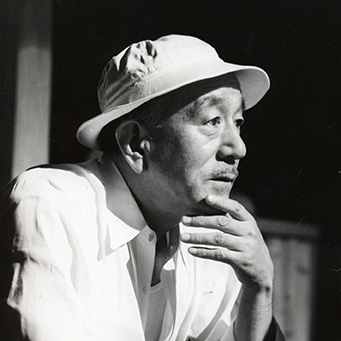

OZU Yasujiro
A legendary master of Japan, not only in the Japanese cinema, but in the world cinema history, as often called the most Japanese of Japan’s great directors. He made a debut for Shochiku studios in 1927 and portrayed the rhythms of the Japan society trying to reconcile family relationship, modern and traditional values, and relations between the generations. His filmography includes Late Spring, Early Summer, Tokyo Story and Floating Weeds, and more
Photo


Credit
- Director OZU Yasujiro 오즈 야스지로





